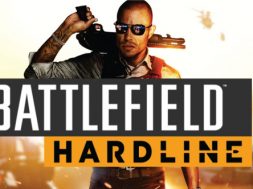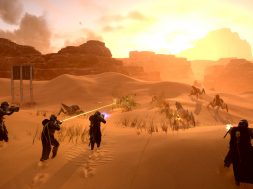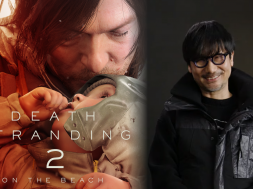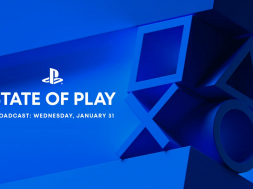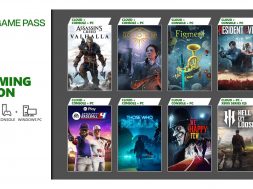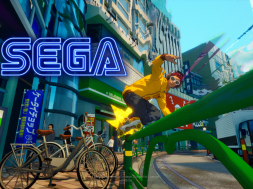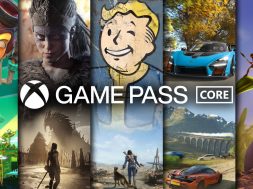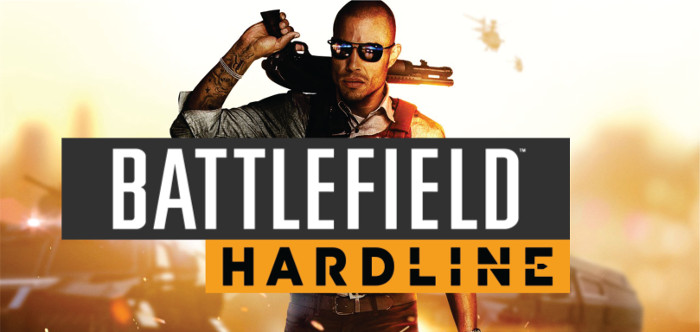
The relationship between video games and politics is one that has suffered some, shall we say, problems of late. Despite the existence of games like Bioshock, Grand Theft Auto and Papers, Please, the issue of where political affiliations lie in how video games are created and reviewed remains somewhat of a sore point. And by sore point, I mean a lot of people want their politics and their games kept separate in any publicized discussion on the topic, calling for critics, journalists and developers to keep their filthy political agendas out of video games in a spirited pursuit for objective criticism.
To their credit, there are some games that just don’t deal in narrative substance and instead just want people to play them. Well, I say some, but it’s basically just sports games and anything with the word “simulator” in its title. However, there are others who were crafted in a vat of political juices but have dedicated themselves to leaving such weighty aspirations behind in favor of becoming, or aping, rather, a more sporty aesthetic.
The Call of Duty and Battlefield games have, in their rise to prominence as leaders in the gaming market, continually attempted to throw away the shackles of political discourse and attempts to say anything meaningful by making themselves a firmly multiplayer aimed experience. A choice every game and game series can make, and one that’s both valid and understandable given their market trends. The plot and single-player campaign are reduced to near-meaningless furniture, the old rocking chair and coffee table from Grandad’s place that you don’t want to get rid of but can’t seem to find any use for. Up until now, I’ve forgiven the series for this, mostly because giving large rants online and off every year about the commodification of the American militarized attitude is both exhausting and a massive waste of everyone’s time, but then I played Battlefield: Hardline.
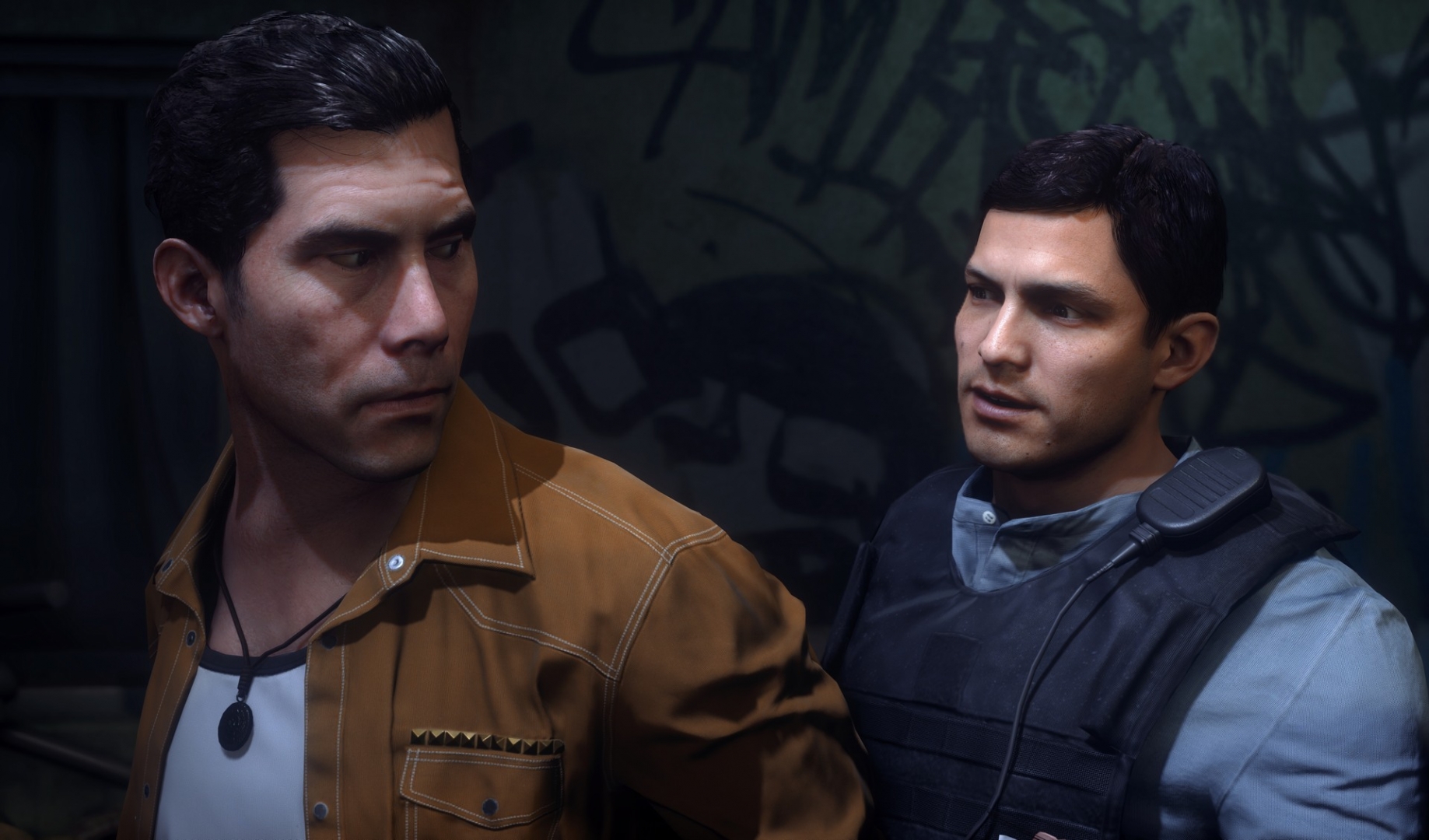
Between the cops and robbers set-up and the inclusion of an in-game radio (yes, I am that easily amused), Hardline looked like an off-shoot of the Battlefield formula I could get on board with. It didn’t need to re-invent the wheel, it just needed some new game modes that were more than just ‘move fast and shoot the other men before they shoot you’ and utilize vehicles in a greater capacity than ‘move fast to get the vehicle so that you can shoot the other men before they shoot you’, and with the game’s song-list including a version of Judas Priest’s ‘The Ripper’, I was all in.
[pullquote]”…it stops being “just a game” and starts to feel like a bumbling statement”[/pullquote]
Then I booted up the game. Alarm bells started going off before I’d even pressed anything – the main menu screen had Public Enemy’s ‘Welcome To The Terrordome’ playing. Public Enemy, if you’re not hip-hop inclined, are a band who formed as a way to amplify racial issues they were seeing in their day-to-day lives, including police brutality. They, along with N.W.A., Eric B & Rakim, amongst others, merged politics with their music as a way to showcase the racial mistreatment that was rampant in the United States at the time. In other words, including any of these bands in a game glorifying police-related violence runs a great risk of being, well, completely tone-deaf.
But I persevered and decided that maybe this was the only song of this nature included and that the gameplay would make up for any qualms I had about the soundtrack curation. About a half-hour into the campaign was enough to tell me nothing had changed in that regard; a schlock-filled episodic adventure in the vain of Miami Vice, though fitting for the premise, tells me that the single-player will, once again, be a forgettable and mildly irritating play-through of shooting corridors of men, badly written dialogue and a flagrant disregard for anyone seeking value in anything other than the online multiplayer.
So to the online play I clamoured, checking out the new modes that have been added. First I had a round of ‘Heist’, in which I, and a group of other would-be criminals successfully robbed a couple of banks. Well put-together, if a little Payday-y, but satisfying. Then I switched to ‘Hotwire’, as a cop. Upon entering my first vehicle in an attempt to apprehend it, KRS-One’s “Sound Of Da Police” came blaring out of the stereo, and as I, playing a police officer, ran over opponents with the lyrics “The officer has the right to arrest, and if you fight back they put a hole in your chest, they both ride horses, after 400 years, I’ve got no choices!” as the driving soundtrack, I had a moment of such crippling self-awareness that I had to leave the current game, turn it off, and go make myself a cup of tea.
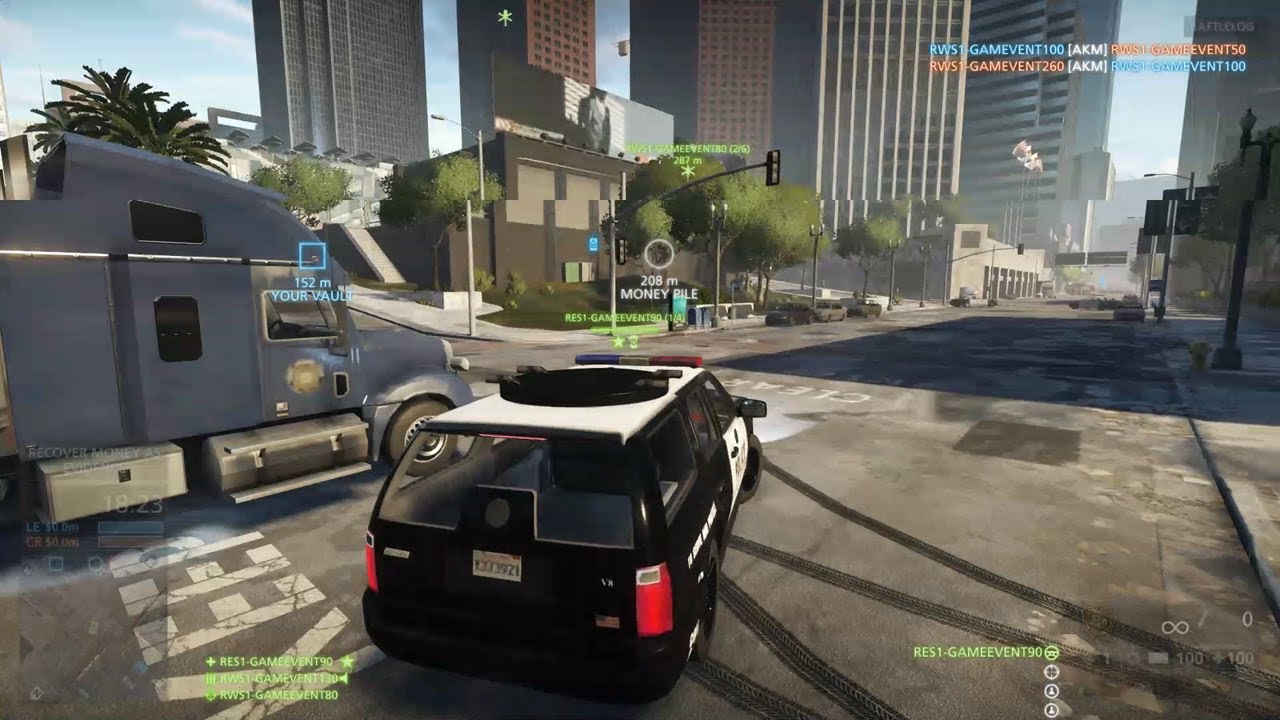
The most oft-quoted, and oft-maligned sentiment that follows in-depth discussion of video games is that they’re “just a game”, with the assumption that they’re created in a vacuum that runs parallel to society, only interacting with the general populace as forms of entertainment. Not only does this completely betray the capability of games as an art-form to influence and challenge players, but it also disallows for the idea of social context to play a part in a game’s creation and release. Battlefield: Hardline is basically just a Battlefield game with cops and robbers, but when you take into consideration the recent events of Ferguson and the leagues of police-related racial violence that permeates recent American history, it becomes something more than “just a game”. Taking the urban playground of police shoot-outs and applying it to the same explosive chugging gears of modern FPS sensibilities is pretty much a sure fit at first glance, but when you insert a soundtrack that includes music specifically written about police brutality, and whose rise to prominence was centred around placing an uncompromising spotlight on that brutality, it stops being “just a game” and starts to feel like a bumbling statement, whether accidental or otherwise.
As they’ve morphed into pure multiplayer games that are bought not because of their story but rather for whatever new hat they’ve placed on the perks and achievements available, Battlefield and Call of Duty have become examples of games that are both political and non-political. They are military shooters, but they dance on the edge of that moniker, with a player-base with more in common with Counter-Strike and Team Fortress than, say, Killzone or Halo. But with Hardline, Battlefield has traipsed gently out of one set of political misdemeanors and bumbled into another far more socially charged issue. They’ve crashed head-first into racial awareness and police-related violent behavior while trying to get away, as fast as possible, from the political minefield that is global warfare. If these games want to take themselves out of political discussion, remove themselves from sociological debate, they must also have the self-awareness to not insert themselves in another, more burning topic of the social conscience.
I had intended on reviewing Battlefield: Hardline, but now I’m not. I’ve played the game for all of two hours, but every time I turn it on now I feel the weight of that initial self-awareness, reminded of those horrible incidents both recent and in years past, and how this game turns them into a sideshow of entertainment, acting like putting over-the-top gameplay and a dopey story over them makes it any better. Like it or not, intentional or not, the game has left a mark in my mind, and has become inseparable from my perception of the subject matter it adopts. So I leave it off, and listen to Public Enemy’s Fear Of A Black Planet instead, and I wonder if anyone decrying the discourse of games spilling into greater debate than mechanics would have tried to tell a black person in the late ’80s to keep politics out of music. Then I laugh, because of course they wouldn’t, there was no online forums back then to shout it into the void at without recourse.
Welcome To The Terrordome, indeed.
https://www.youtube.com/watch?v=lWTE1Uj9Z8c
